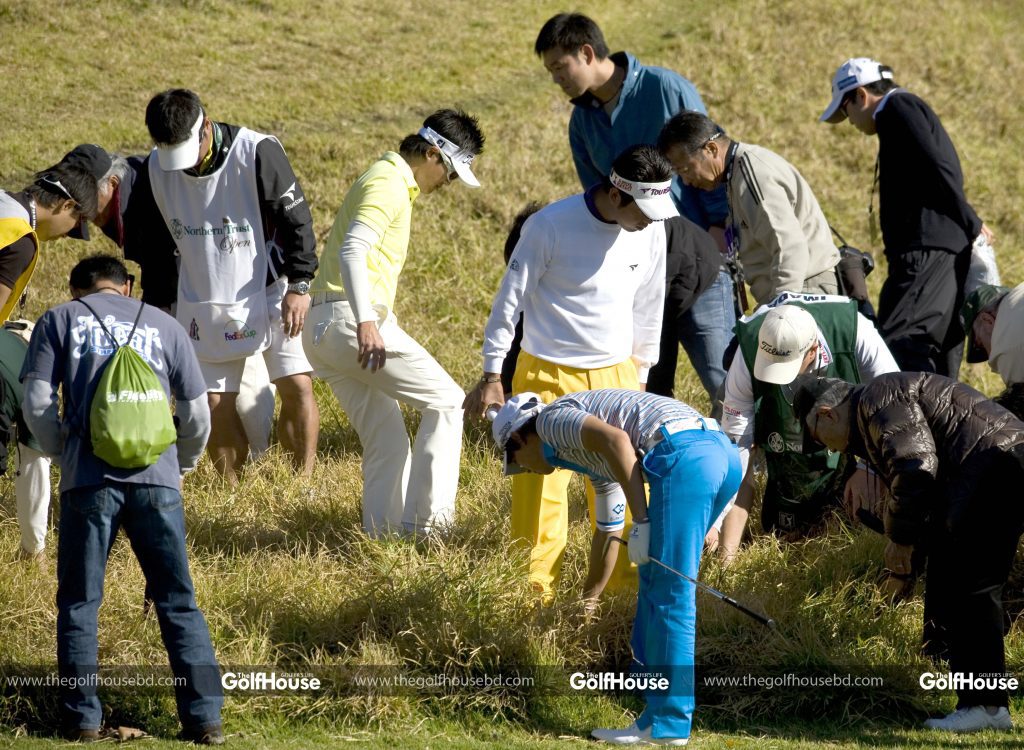The Official Rules That Govern When a Ball Is Deemed Lost
Sometimes in a round of golf, a player’s drive goes terribly awry and the ball gets lost, either in dense foliage of forest-lined courses or deep in the water hazards beyond the ability of a golfer to retrieve it, but the USGA lays out what officially counts as a “lost ball” in several parts of “The Official Rules of Golf.”
In this resource guide to the rules of golf, the USGA deems a ball “lost” if it meets one of the following five qualifiers:
- It is not found or identified as his by the player within five minutes after the player’s side or his or their caddies have begun to search for it.
- The player has made a stroke at a provisional ball from the place where the original ball is likely to be or from a point nearer the hole that that place .
- A player has put another ball into play under penalty of stroke and distance under rule Rule 26-1a, 27-1 or 28a.
- The player has put another ball into play because it is known or virtually certain that the ball, which has not been found, has been moved by an outside agency is in an obstruction, is in an abnormal ground condition or is in a water hazard.
- The player has made a stroke at a substituted ball.
However, what constitutes as falling within the five minute of searching rule and how to determine if a ball is lost or just purposefully overlooked has come to be a source of debate over the years.
Still, the USGA’s rules on lost balls are universally held as the golden standard for both professional and recreational rounds of golf and should be followed unless otherwise discussed with other players in a match.

Calling a Loss and Taking a Penalty
No golfer really wants to take a penalty stroke for losing a ball, but sometimes taking a penalty is better than trying to hit a ball from behind an obstacle like a large tree.
However, there are also rules that govern when a player can willingly take a penalty stroke to avoid an obstacle that’s nearly impossible to get around without wasting several strokes just to get back to the rough of the fairway.
Also, even though golf is a slower game in general, with tournaments often featuring over 70 competitors on the PGA Tour, the game must keep moving in order to ensure all golfers get a fair chance to play the course during the day. For this reason, the five-minute rule has been enforced to ensure that golfers don’t waste too much time looking for a ball that they lost track of.
Although this is rare to consider a ball a loss — outside of losing a ball to an obstacle or taking a penalty stroke to replace a ball — it does happen and has often occurred merely because the golfer ran out of time to locate the ball in a thick pile of leaves or underbrush.















